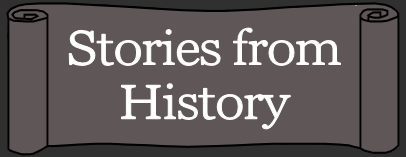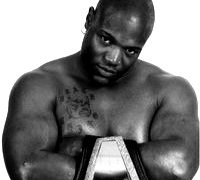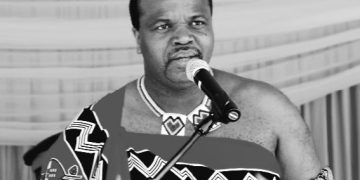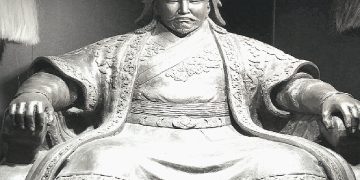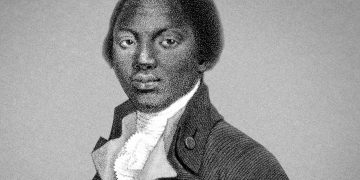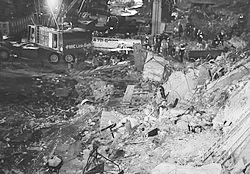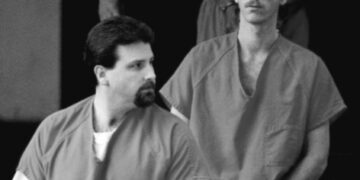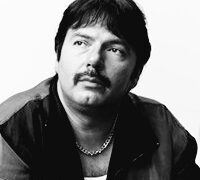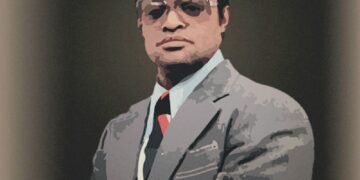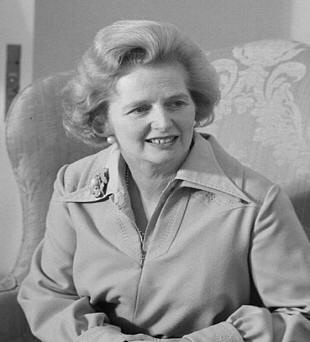Margaret Hilda Roberts was born on 13th October 1925 in Grantham, Lincolnshire. Her parents, Alfred and Beatrice Roberts ran a grocery shop. Margaret went to the local primary and grammar schools before going to Oxford university where she studied chemistry.
The Roberts family had always taken an interest in politics and Margaret’s father had been a local councillor. At university Margaret became President of the Student Conservative Association. This position enabled her to meet with members of the Conservative party and become known to them.
In 1959 she became Conservative Member of Parliament for Finchley, a position she held until she entered the House of Lords in 1992. In 1970, when the Conservative party were elected to power, she was appointed Education Secretary.
After the Conservatives were defeated in 1974, Margaret Thatcher challenged the party leader Edward Heath and won becoming the first female leader of a western political party.
The conservative party won the General Election of 4th May 1979 and Margaret Thatcher became the first female Prime Minister. Margaret, her husband Dennis and their two children Mark and Carol moved into 10 Downing Street.
In 1982 when Argentina invaded the British Falkland Islands Margaret gained great support from the British people by sending troops to the islands and defeating the invaders.
The Conservatives were re-elected in 1983 and Margaret began a second term as Prime Minister. In 1984 she faced great opposition from labour and union movements over reforms of Trade Unions and closure of unprofitable coal mines. There were large numbers of strikes and demonstrations but Thatcher refused to modify her reforms. She also refused to bend on her policy toward terrorism, notably the IRA and in 1984 survived the Brighton bombing.
In 1987 the Conservatives were again re-elected and Margaret began a third term as Prime Minister. However, her controversial reform policies for health, education and the introduction of a new Poll Tax made her increasingly unpopular. In 1990 she agreed to step down as Prime Minister and was replaced by John Major.
In 1992 she was created Baroness Thatcher and entered the House of Lords. While in the Lords she was a regular speaker. She supported Britain re-negotiating its place in the EU and also gave her support to Tony Blair’s intervention in Iraq.
In 2002 she suffered several minor strokes and was forced to retire from public speaking. Her health continued to deteriorate and in 2005 it was announced that she had dementia.
She died on 8th April 2013 following a further stroke and was given a ceremonial funeral with parade through the streets of London and service at St Paul’s Cathedral. Crowds lined the streets to see the cortege pass. Those who had supported her politics watched the procession pass while those who had disagreed with her politics turned their backs on it.
Margaret Thatcher remains Britain’s longest serving Prime Minister.
